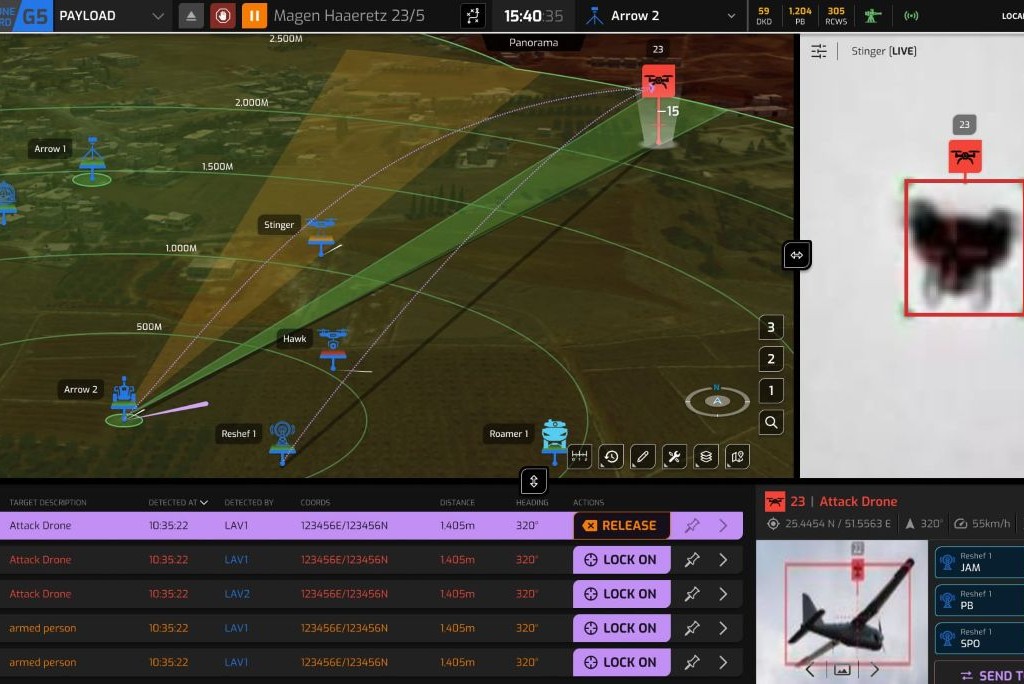The Air Force Research Lab’s SOUP Program: Advancing Military AI Capabilities
This week, the Air Force Research Lab (AFRL) took a significant step forward in enhancing the military’s capabilities with the launch of the Sensing Operation Using Prediction (SOUP) program. This initiative is dedicated to the development of innovative artificial intelligence (AI) technologies tailored for the military’s intelligence, surveillance, and reconnaissance (ISR) enterprise.
The Call for Proposals
Under the umbrella of AFRL’s newly announced Autonomous Decisions, Algorithms, and Modeling initiative, the SOUP program has issued a call for proposals, inviting interested vendors to contribute. This solicitation, aimed at fostering collaboration with private and academic sectors, underscores the Air Force’s focus on elevating its operational capabilities through advanced AI solutions.
The announcement for proposals can be found through the official U.S. government portal, and while it broadly invites innovation, the specific details about the objectives remain shrouded in controlled unclassified information. Interested parties must directly engage with the Air Force to obtain more in-depth parameters.
Objectives of the SOUP Program
The objectives for the SOUP initiative are extensive and multifaceted. Central to this program is the development of advanced algorithms designed to enhance tracking and sensor resource management capabilities. The effort also includes the modification of pre-existing algorithms, experimental evaluations to assess effectiveness in combat identification (CID), and simulations that measure overall algorithm performance.
Combat identification plays a pivotal role in U.S. military operations, which involves distinguishing between friendly forces, enemy combatants, non-combatants, and other entities on the battlefield. These distinctions are crucial for making informed engagement decisions, which directly affect mission outcomes and overall mission safety.
Technical Areas of Focus
The SOUP program aligns with several key technical areas, as indicated by AFRL officials. The initiative seeks to advance multi-domain sense-making capabilities and improve the autonomic aspects of sensing. These vectors include:
-
Multi-Sensing Knowledge: This objective aims to generate high-confidence behavioral and physical knowledge about denied or difficult targets. It seeks to leverage various sensors across multiple domains, creating a cohesive understanding from disparate data sources. This encompasses algorithm development that effectively utilizes both homogeneous and heterogeneous sensors.
-
Data Processing Enhancements: Activities will include critical efforts in data association, entity detection, tracking, and information fusion. Advanced contextual reasoning is essential for training algorithms with minimal data inputs, employing performance modeling, and assessing specific scenarios related to military operations.
- Machine Learning Applications: By utilizing machine learning techniques, the SOUP program intends to tackle various technical challenges characteristic of contested environments. This approach will not only improve data accuracy but also enhance decision-making capabilities in real-time operational scenarios.
Enhancing Sensing Management
The SOUP program also emphasizes improving sensing management across diverse operations, including ISR, strike missions, electronic warfare, and cyber warfare. The selected initiatives will focus on streamlining sensor data flow, from initial collection to processing and dissemination. Specific objectives include:
- Development of anticipatory responses to enhance situational awareness.
- Strategic planning, allocation, and scheduling of sensor resources to optimize operational efficiency.
- Facilitation of flexible control across multiple distributed sensing capabilities, ensuring that the military can adapt swiftly to evolving battlefield dynamics.
This segment of the initiative also encompasses innovative efforts in sensing interface and architecture development, sensor decision-making strategies, and cross-mode sensor management.
The Need for Efficient ISR Integration
These advancements are timely, as the Department of Defense is actively seeking to enhance the efficiency and effectiveness of its ISR operations. By integrating cutting-edge AI tools, the military aims to streamline system employment while alleviating the cognitive and physical burdens faced by human operators and analysts. The overarching goal of these autonomous capabilities is to foster more rapid and refined decision-making processes within the military framework.
Program Cost and Timeline
The estimated budget for the SOUP program is set at $3 million, with proposals anticipated to be awarded by July 25. As the military continues to explore new technologies, this program serves not only as an opportunity for innovation but also as a commitment to maintaining the U.S. military’s technological edge on a global scale.





